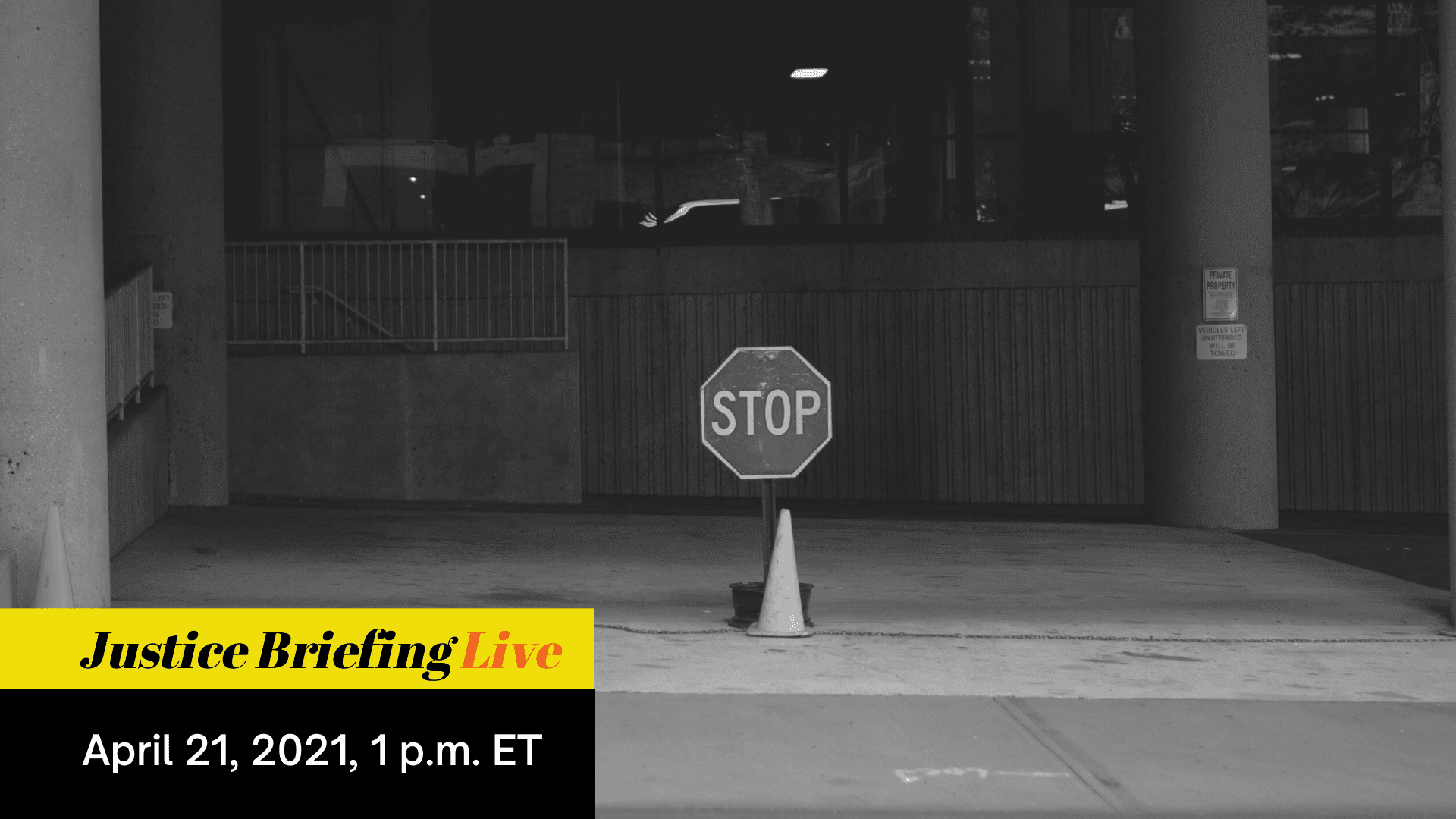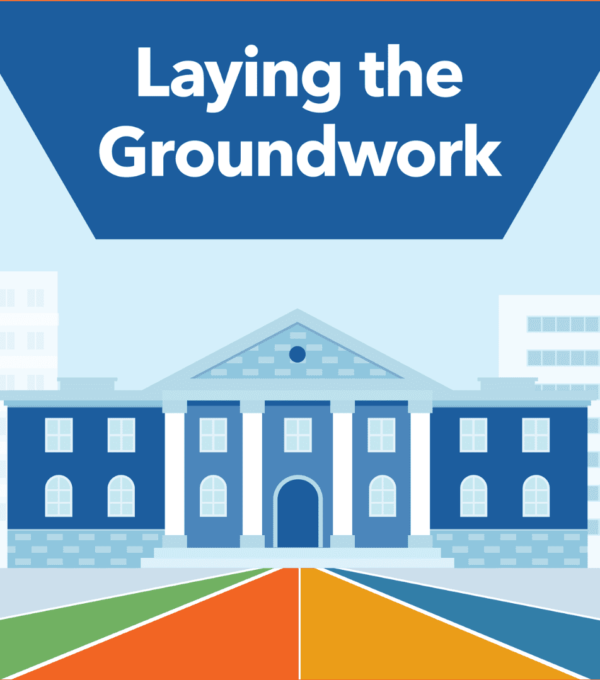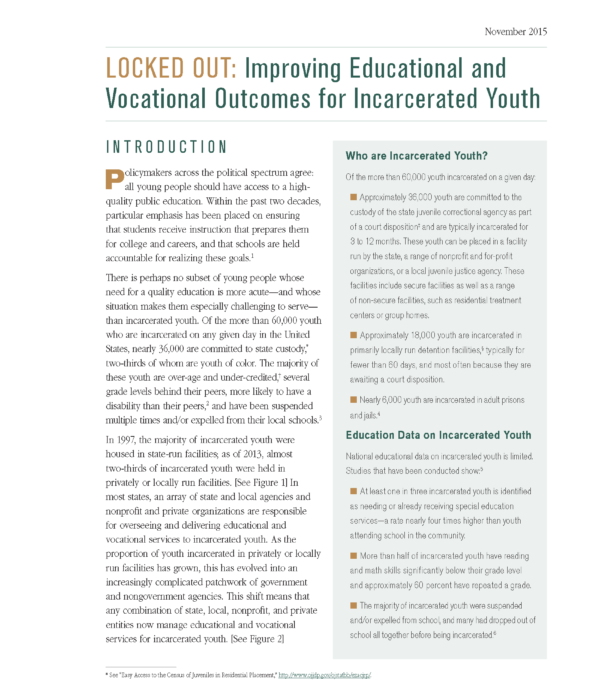Reducing Structural Barriers to School and Work for People with Juvenile Records
Millions of people face significant, persistent barriers to education and employment due to their past involvement with the juvenile justice system.
The Issue
A growing number of states have worked to limit restrictions related to education and employment for people with criminal records. However, few have devoted the same attention to how these “collateral consequences” impact people with juvenile records. Like adults, people with juvenile records can experience a variety of barriers to their continued education and employment, even as a result of committing minor offenses. These restrictions especially affect people of color due to persistent racial and ethnic disparities in rates of juvenile justice involvement.
The Study
Our brief outlines findings and recommendations from an unprecedented analysis of education and employment barriers that people with juvenile records face as a result of state laws and public and private hiring and admissions practices.
Policy Solutions
Our policy solutions toolkit highlights five key areas that policymakers can champion to reduce legal barriers to continued education and employment for people with juvenile records. Each area includes sample legislative language, as well as best practice examples from across the country, that policymakers can use to guide reforms in their own states.
 Reducing Structural Barriers to School and Work for People with Juvenile Records
Reducing Structural Barriers to School and Work for People with Juvenile Records
The CSG Justice Center hosted a discussion exploring education- and employment-related collateral consequences for youth and what concrete…
Related Research

Continued education is proven to have a notable impact on reducing recidivism.…
Read MoreAbout the Authors



This research was funded by the Annie E. Casey Foundation. We thank them for their support but acknowledge that the findings and conclusions presented in this report are those of the authors alone, and do not necessarily reflect the opinions of the Foundation.












